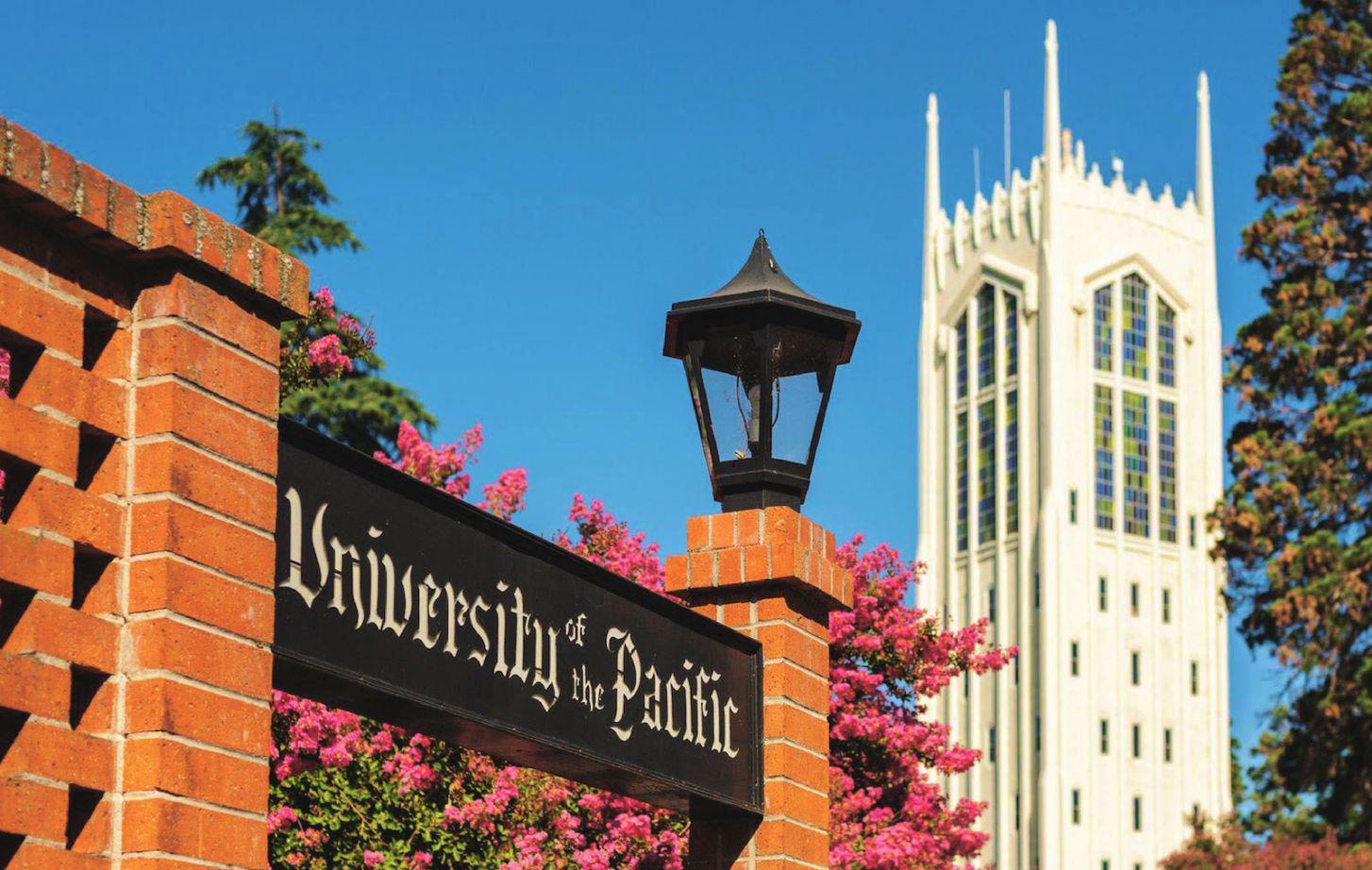Stockton, CA — In response to the critical shortage of mental health professionals in the San Joaquin Valley, the University of the Pacific's Benerd College is set to launch a new Master of Arts in Counseling Psychology major focused on marriage and family counseling in the fall of 2024.
The region has long grappled with a scarcity of mental health professionals, a problem exacerbated by the increased demand for behavioral health services during the pandemic. According to a California Health Care Foundation report, San Joaquin County, where the University of the Pacific is situated, has the state's lowest ratio of licensed psychiatrists and psychologists. The region currently has six psychiatrists and 16 psychologists per 100,000 people, well below the state average of 12 and 44, respectively.
The shortage prompted the private university to take action, offering a two-year, 60-unit Master's program aimed at producing more licensed therapists to meet the mental health needs of individuals, couples, families, and youth in the Valley. The inaugural class is expected to comprise 15 to 20 students.
Justin Low, an associate professor at Pacific and the leader of the new master’s program, emphasized the increased demand for mental health services and the growing interest in people entering the field. The program will contribute to alleviating the shortage and facilitating access to mental health care.
The major focuses on marriage and family counseling and is open to individuals with a bachelor's degree interested in becoming therapists. A specific undergraduate degree in psychology is not a prerequisite. The tuition for the program is approximately $34,000 per year, and the deadline to register for the fall semester is June 1. Upon completion of the program, students must undertake 3,000 hours of supervised experience to obtain full licensure.
Pacific's initiative aligns with the university's broader expansion into social education. Benerd College Dean Patricia Campbell highlighted the institution's commitment to leadership, education, and behavioral and mental health, describing these as key focus areas within their degree programs.
The program is expected to address the region's lack of mental health resources and provide a significant boost to the struggling mental health system in Stockton. Andra Zastrow, a Pacific adjunct faculty member with two decades of experience in marriage and family counseling, expressed optimism about the program's potential impact on improving access to care.
"This is a very important step for getting access to care because we have such a lack of resources in Stockton," Zastrow said. "Getting an appointment can take up to a month. Beyond that, nobody is taking insurance. Many people must pay out of pocket."
Graduates from Pacific's existing mental-health professional-related fields, including the licensed clinical professional counselor major and psychology doctorate, are in high demand. With starting salaries for licensed therapists beginning around $90,000, the university anticipates that the new major will produce graduates in high demand across the Valley.
"I regularly have schools and other institutions and placement centers that contact me asking for graduates from the program," said Low. "The demand is there."


